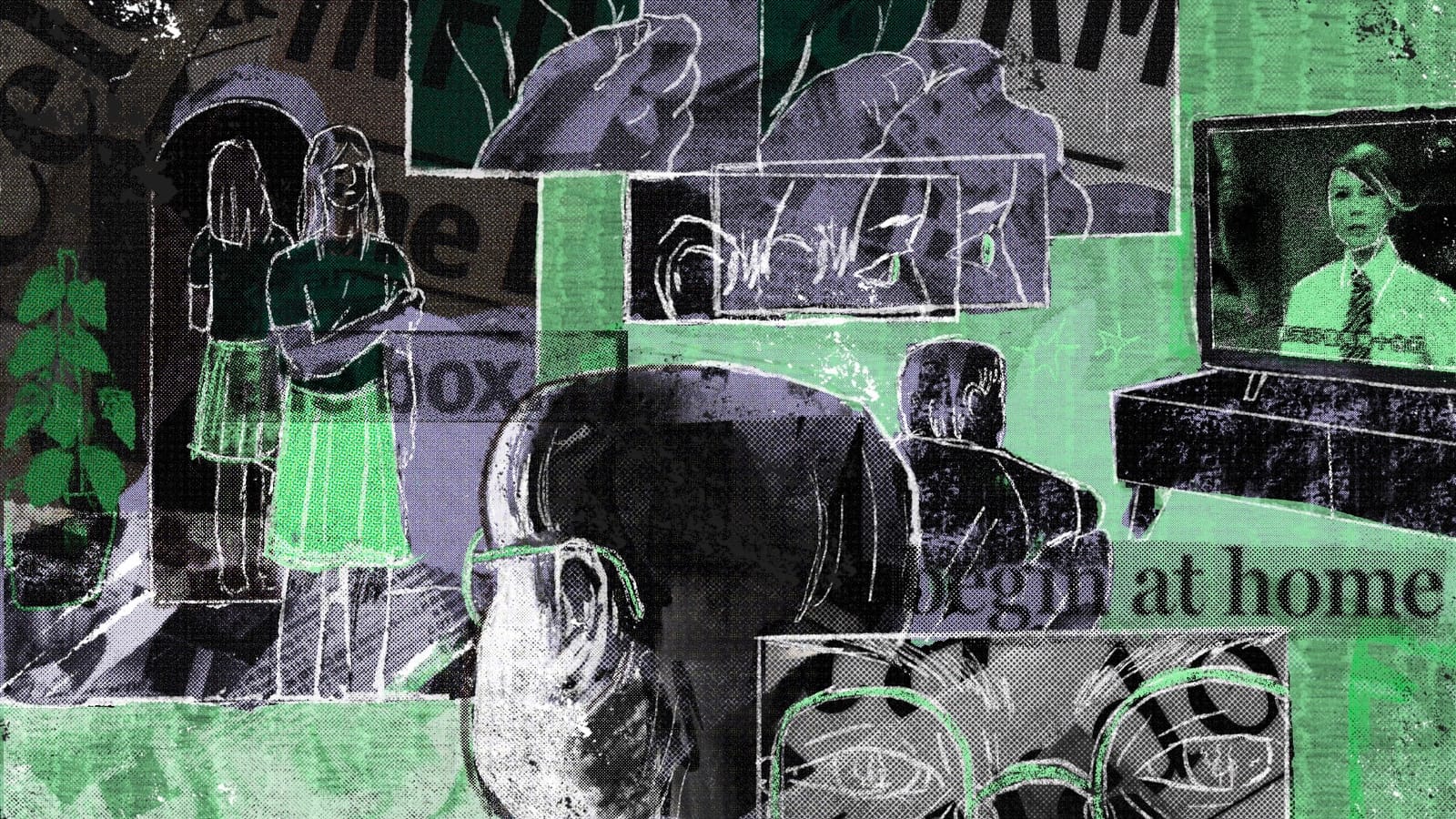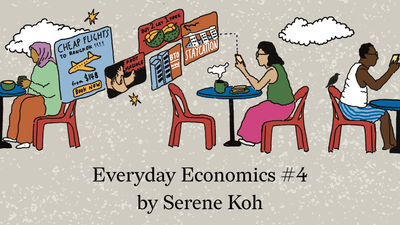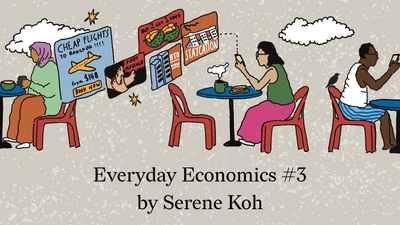“Did you know that Elon Musk’s son…is just like you?” It’s a rainy Sunday afternoon when my dad springs this question on me. We’re waiting in the car as my sisters head to the wet market. For the past few minutes, we’d each been on our phones. He was scrolling TikTok; I was texting my partner, or browsing Reddit or Tumblr. In these quiet moments, I tend to assume my dad doesn’t want to talk. His statement feels like a bolt out of the blue.
“Well, it’s weird that there’s more transgender people now.”
I pause, and ponder what he means. A strange courage wells up within me; I will not let him misgender Vivian Jenna Wilson, even though he still calls me his son or 弟 (di).
“Daughter,” I say.
“Son.”
“Daughter,” I repeat.
“Child.”
The compromise lands awkwardly as my sisters return with fresh fruit. I put the car into drive, and we make our way to the temple to pay respects to our mother on her death anniversary. The topic is dropped. Our media consumption habits have shifted since my three sisters and I graduated university. Gone are the days when I would watch Channel 8 news with him at 10pm, or Parliament highlights with my late mother as a way to negotiate past my bedtime. The erratic hours at my first job made watching TV together impossible, and when my eldest sister moved out after the pandemic, we cancelled our cable TV plan.
Now, my father relies on the millions of hours of free content on social media. Everything is at his fingertips, something he continually marvels at. Videos featuring Chinese living in the countryside. Videos teaching him English. Videos showing how things are made. Videos telling him about unidentified aerial phenomena. Endless streams and clips that he—and I—swipe up for hours at a time, as the attention economy sucks us in.
I share very little with my father. I don’t share his ambition for money. I was pushed to a non-combat unit in National Service (NS) when he expected me to follow in his footsteps, at least as an infantry sniper. I don’t share his desire to prolong the family lineage. The two of us are stuck in our own bubbles, only occasionally popping out when something significant happens. This disparate media diet adds dissonance to realities that don’t quite match. And in this world, the language we use—to refer to ourselves and to communicate with others—has now been displaced.
Debates over the nuances of language aren’t new. In 1981, an article in The Straits Times (ST) predicted that “they” and “their” would replace the gendered pronouns “he/she”, saying that “in a few decades’ time, this will be felt to be acceptable if not accurate English”. An English teacher argued in 1980 on ST’s Forum pages that there should be a decisive authority to rule on the singular, gender-neutral “they”. All this had been set off by a global movement to make English less sexist. In 1975, the UK National Council of Teachers of English published a set of guidelines, declaring that “the sexist usage of language aids in the arbitrary assignation of roles to both men and women, and would be better omitted.” People now use “firefighter” instead of “fireman”, “police” rather than “policeman”, “journalists” instead of “newsmen”.





